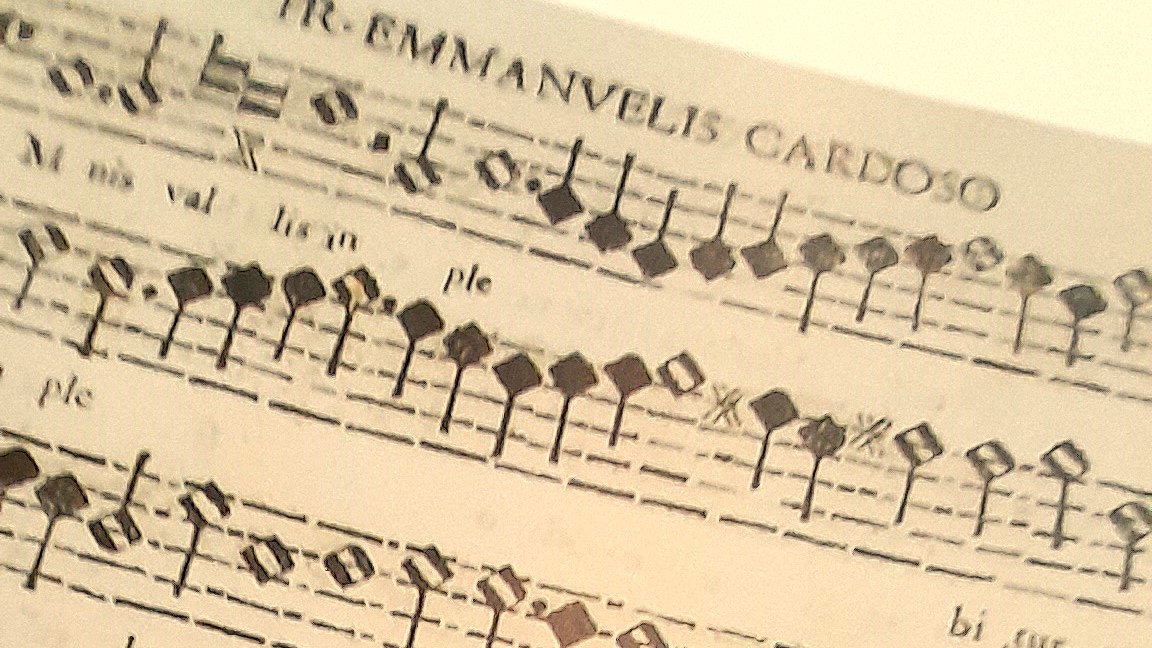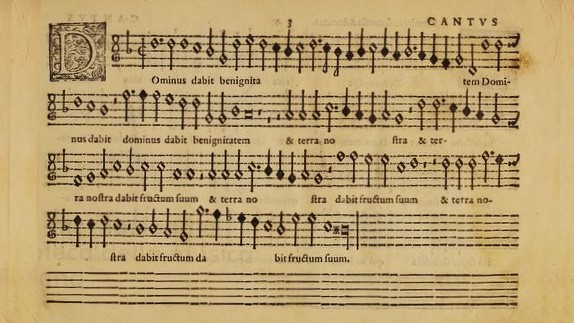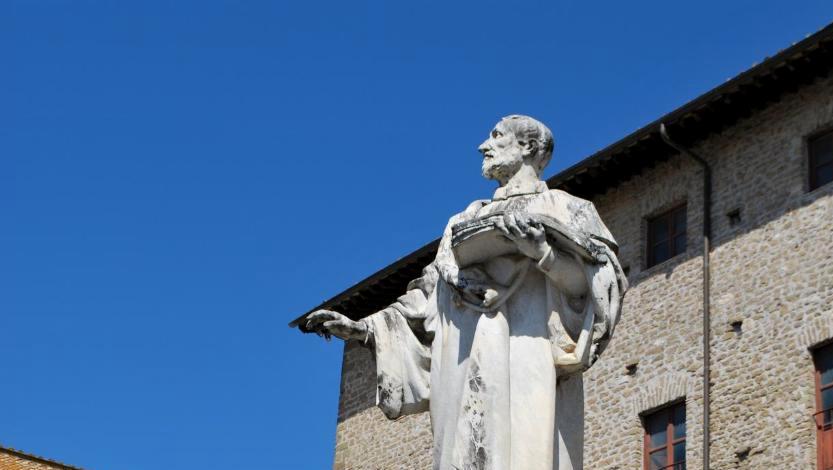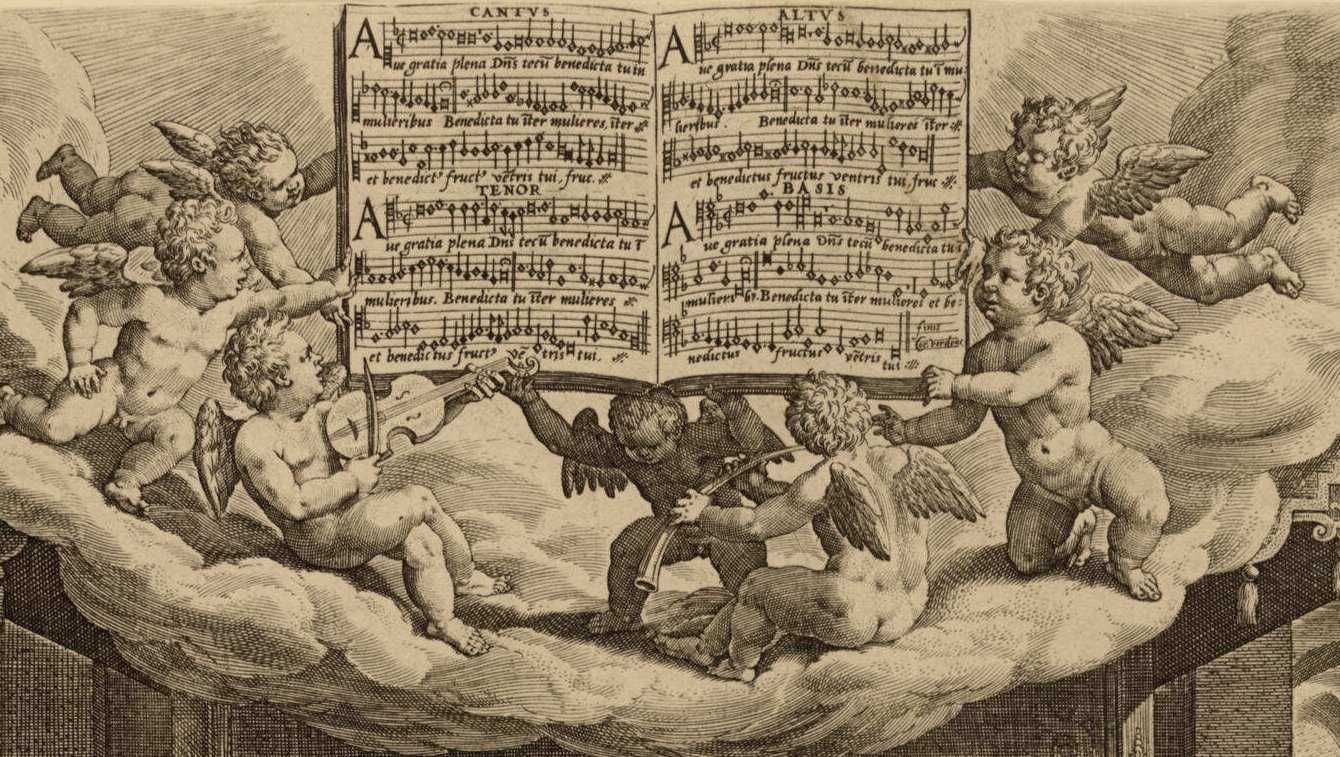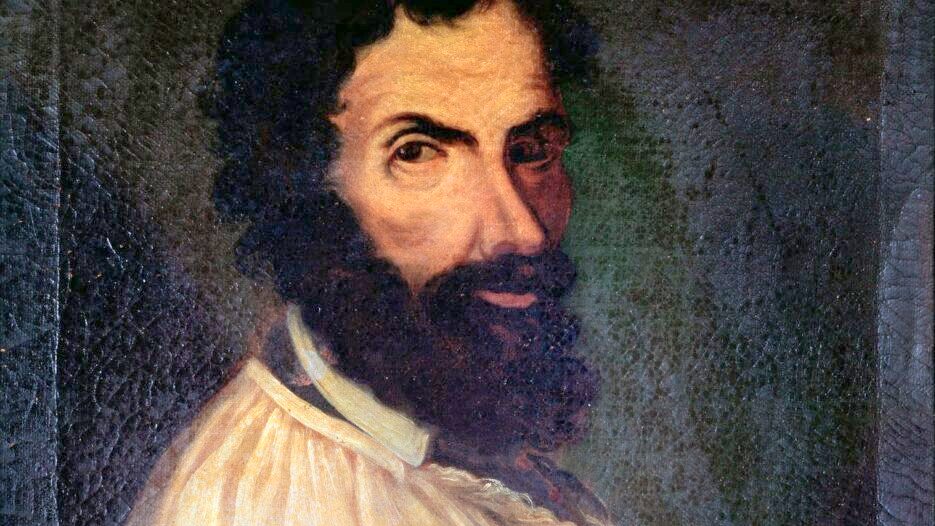The motet Ecce mulier Chananea by Fr. Manuel Cardoso
The motet Ecce mulier Chananea by Fr. Manuel Cardoso1 ❧ Manuel Cardoso was baptized on 11 December 1566, in the Parish Church of Fronteira, being most of his biographic details transmitted by the chronicler of the Carmelite Order, Fr. Manuel de Sá, who, in 1724, published the Memorias historicas… da Ordem de Nossa Senhora do Carmo, where three pages were …
The motet Ecce mulier Chananea by Fr. Manuel Cardoso ❧ read more »

